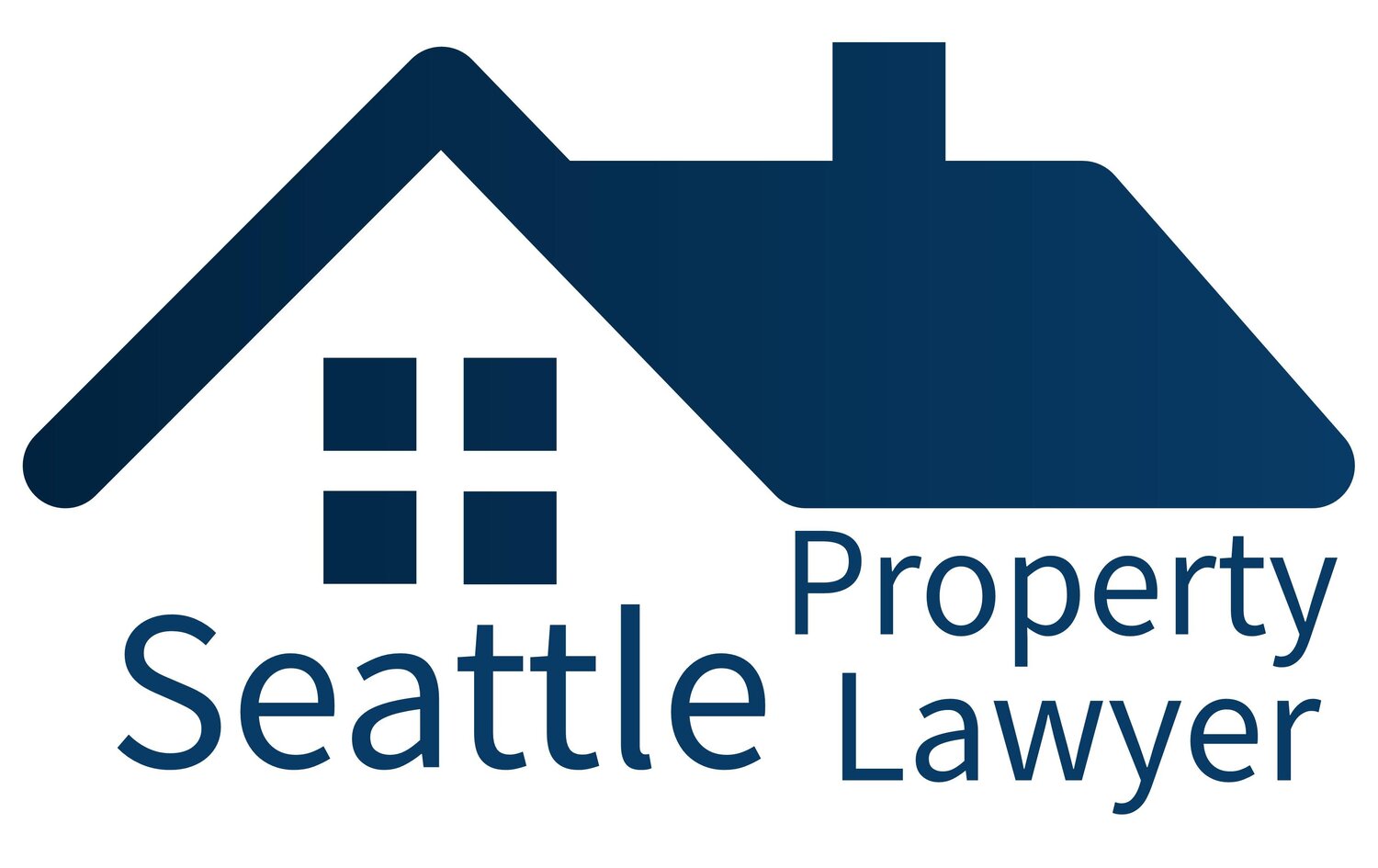How to Buy Without Agent in 3 Steps - Intro
/Welcome to my Three Step "How To" Guide to Successfully Buying a House Without Using a Real Estate Agent. I am a real estate attorney, as well as a previously-licensed real estate broker, and I've helped hundreds of successful home buyers and sellers.
Craig provides the following insight for informational purposes only, and without any warranty or guarantee whatsoever. This blog does not create an attorney/client relationship, and Craig is not your attorney unless you have a signed fee agreement with him. Now with that disclaimer out of the way...
This introduction will get you on track for - hopefully! - a successful purchase, for less than you would have paid otherwise (and, ironically, with better protection to boot).
INITIAL GOAL: Know what you're looking for.
First Up: What Can You Afford?
Buying a home requires a lot of money. The very first step in the homebuying process is to determine how much you can afford to spend. For most people, that means a conversation with a lender to see how much of a mortgage they can get.
Beyond that, an offer without a pre-approval letter won't be taken too seriously by most sellers. So contact a lender as the first step in your home buying experience.
Insider's Tip: There are 3 types of lenders, generally speaking:
Mortgage Brokers - who aren't really lenders, they just hook you up with one.
Big Banks - the Usual Suspects, the national brands. You know 'em.
Correspondent Lenders - they fund their own loans, then typically sell them.
All have advantages and disadvantages. But Correspondent Lenders typically provide the best and most reliable service.
Your lender will be able to tell you how much money you can borrow and how much you must put down. From there, you'll know your budget going forward.
What features are important? What neighborhood works best?
Your next preliminary step should really include some time "in the field." You can get a lot done via the web of course, particularly with the data shown for listings on the big sites like Zillow, Trulia, and Redfin.
Insider's Tip: The MLS listings may or may not be linked directly to Zillow in your area (they are not, in Seattle). Redfin, in contrast, is an MLS-member real estate firm, so its listings are the most recent and accurate. But you should still keep an eye on Zillow listings. Why? Because that is the place for FSBO listings - and why limit yourself to houses on the MLS?
But buying a house requires the personal touch. Visit the neighborhoods of interest to get a feel for them. Living in the city means living in a larger community. Make sure the neighborhood - schools, amenities, transit, etc. - is a good fit before you commit.
Even more important, go to some Open Houses of some homes that are intriguing. By seeing real houses, you'll quickly begin to identify the features that are most important to you.
Alright, at this point, you know what you're looking for, with a very good idea as to price, neighborhood, and features. You're ready for Step 1...




